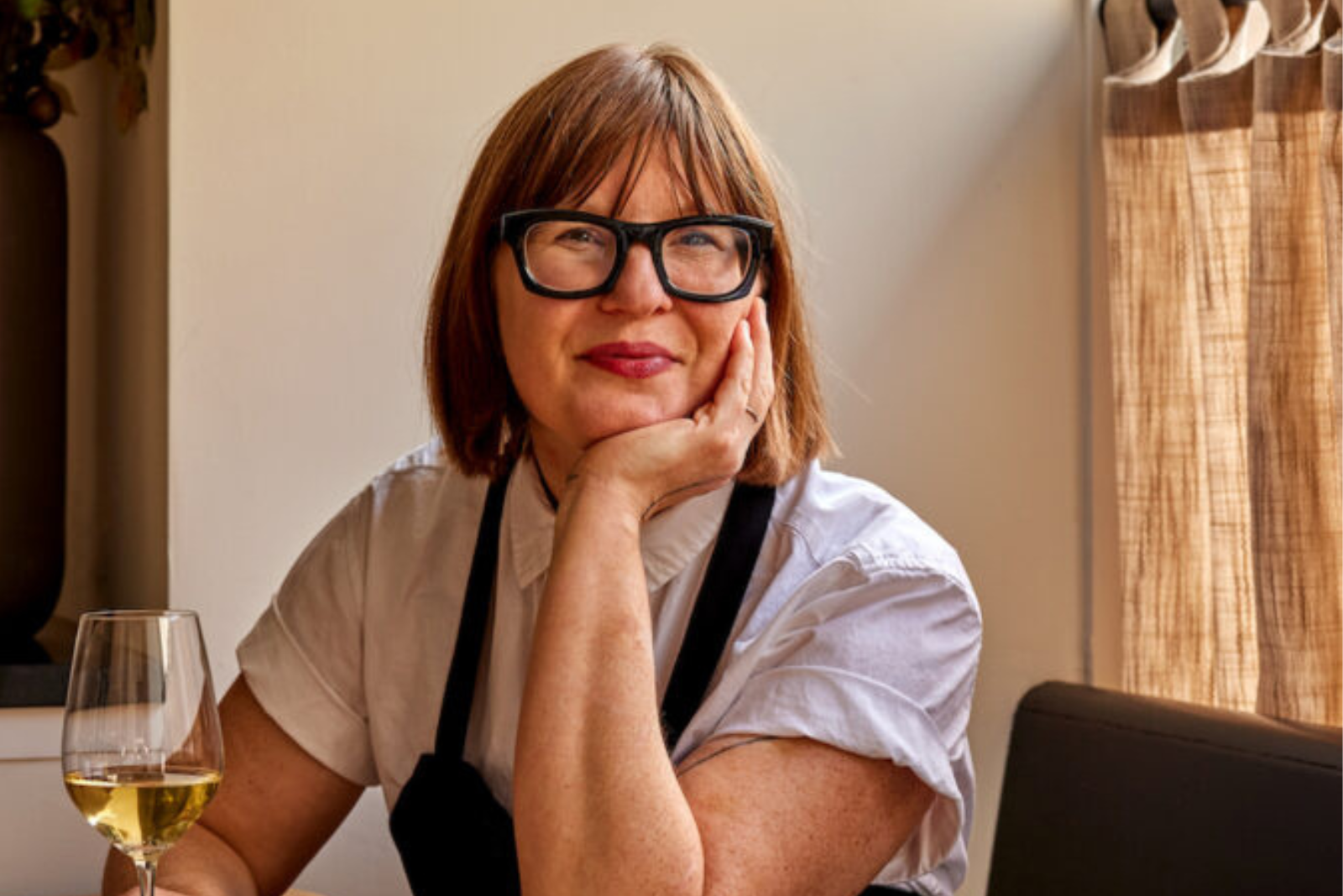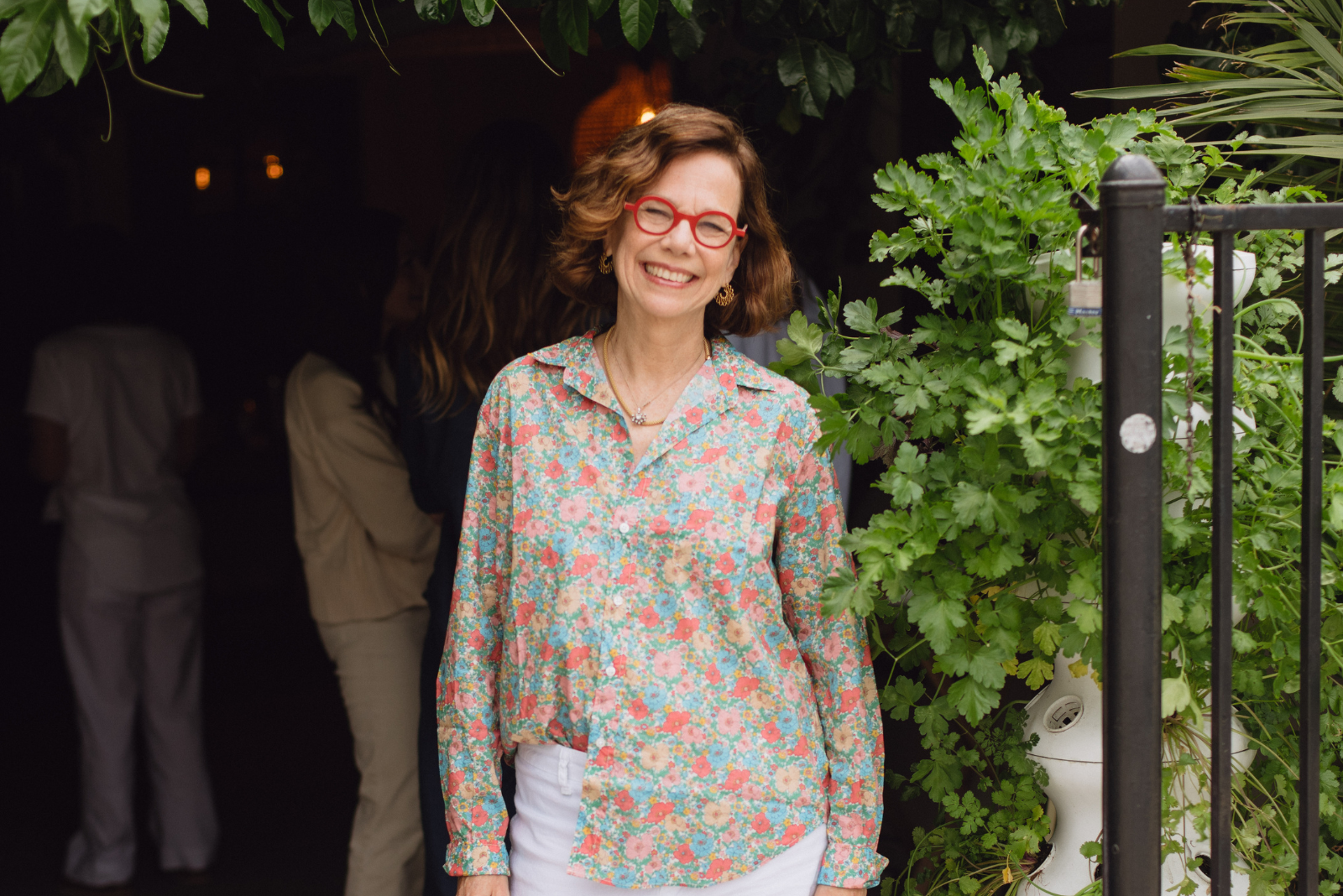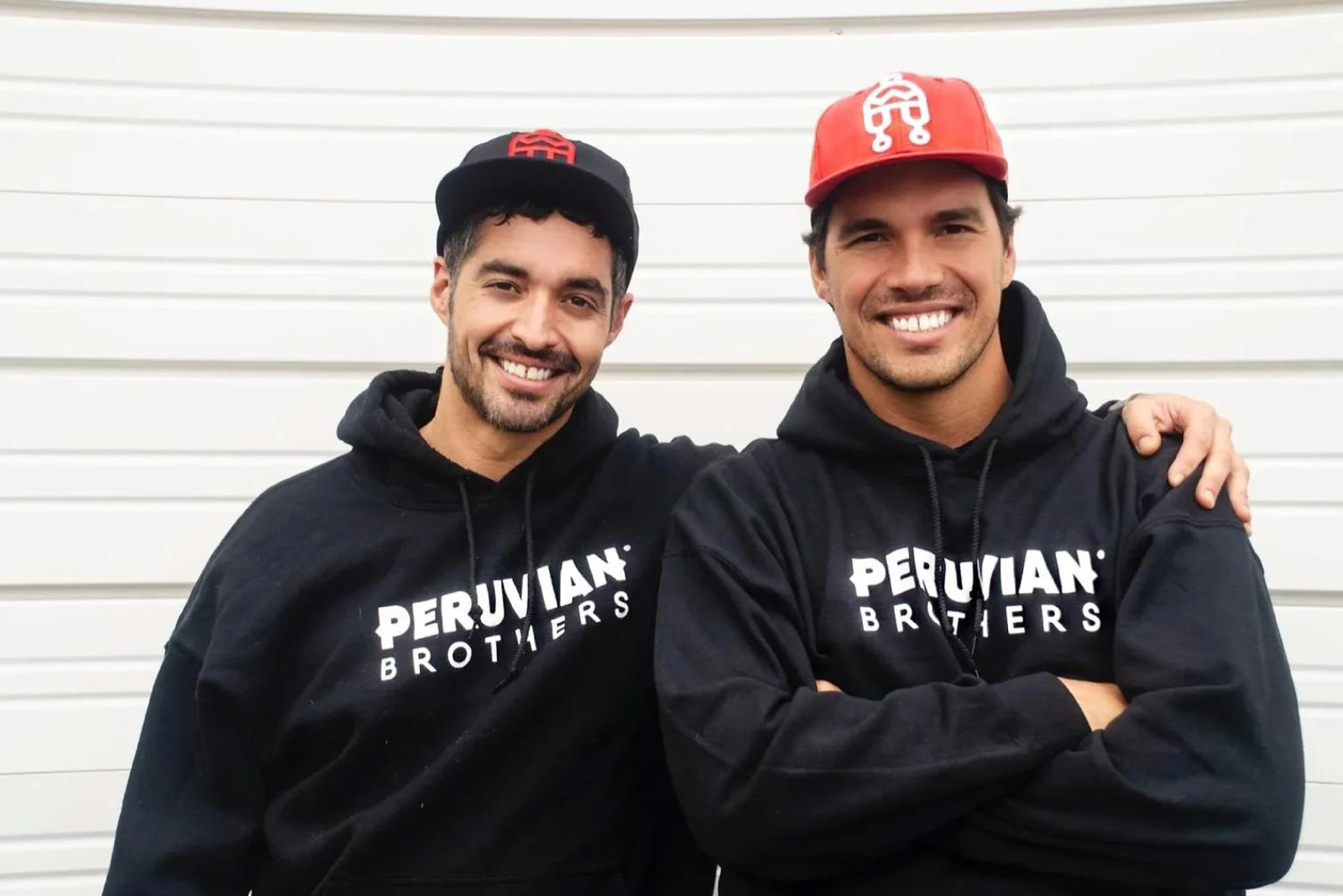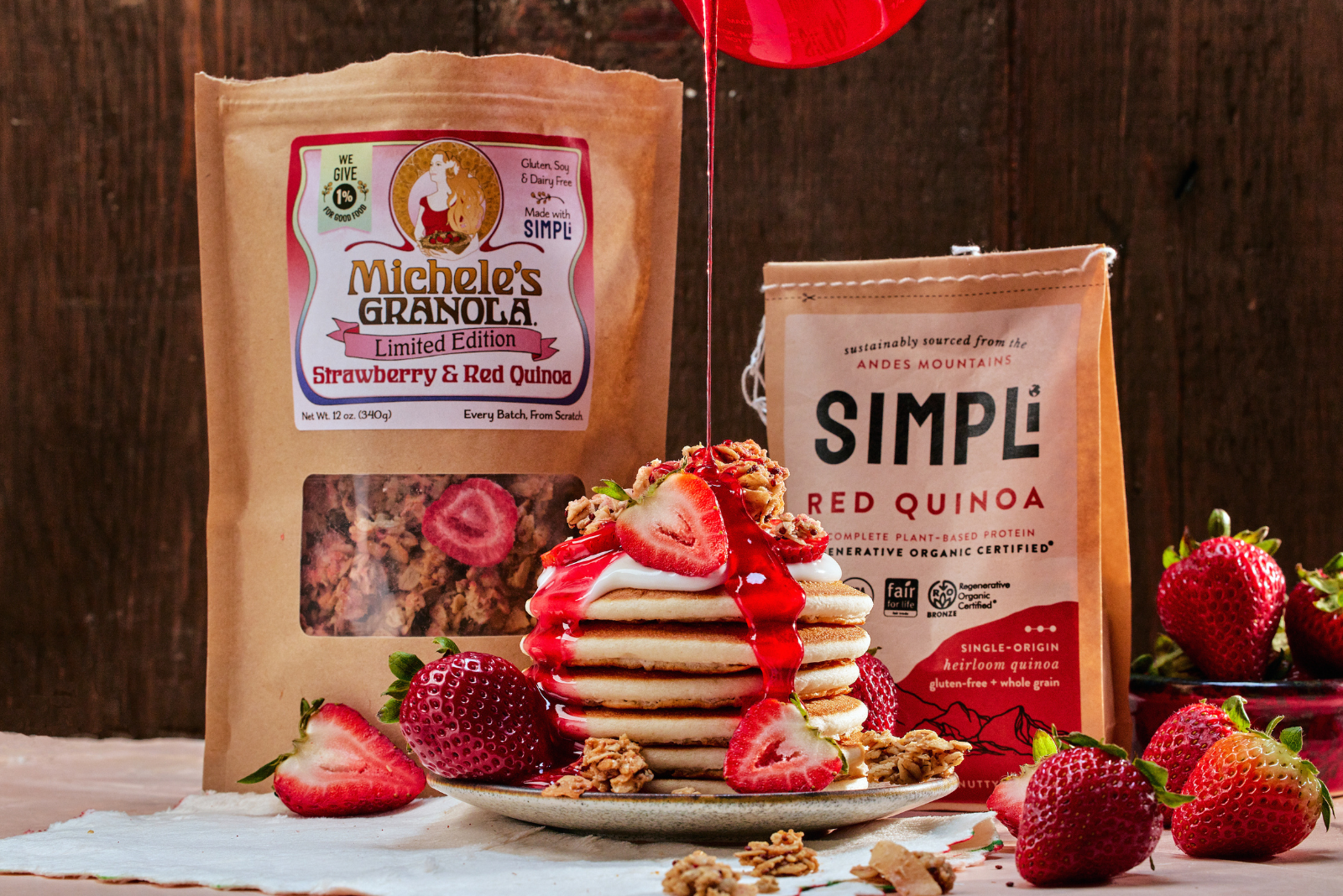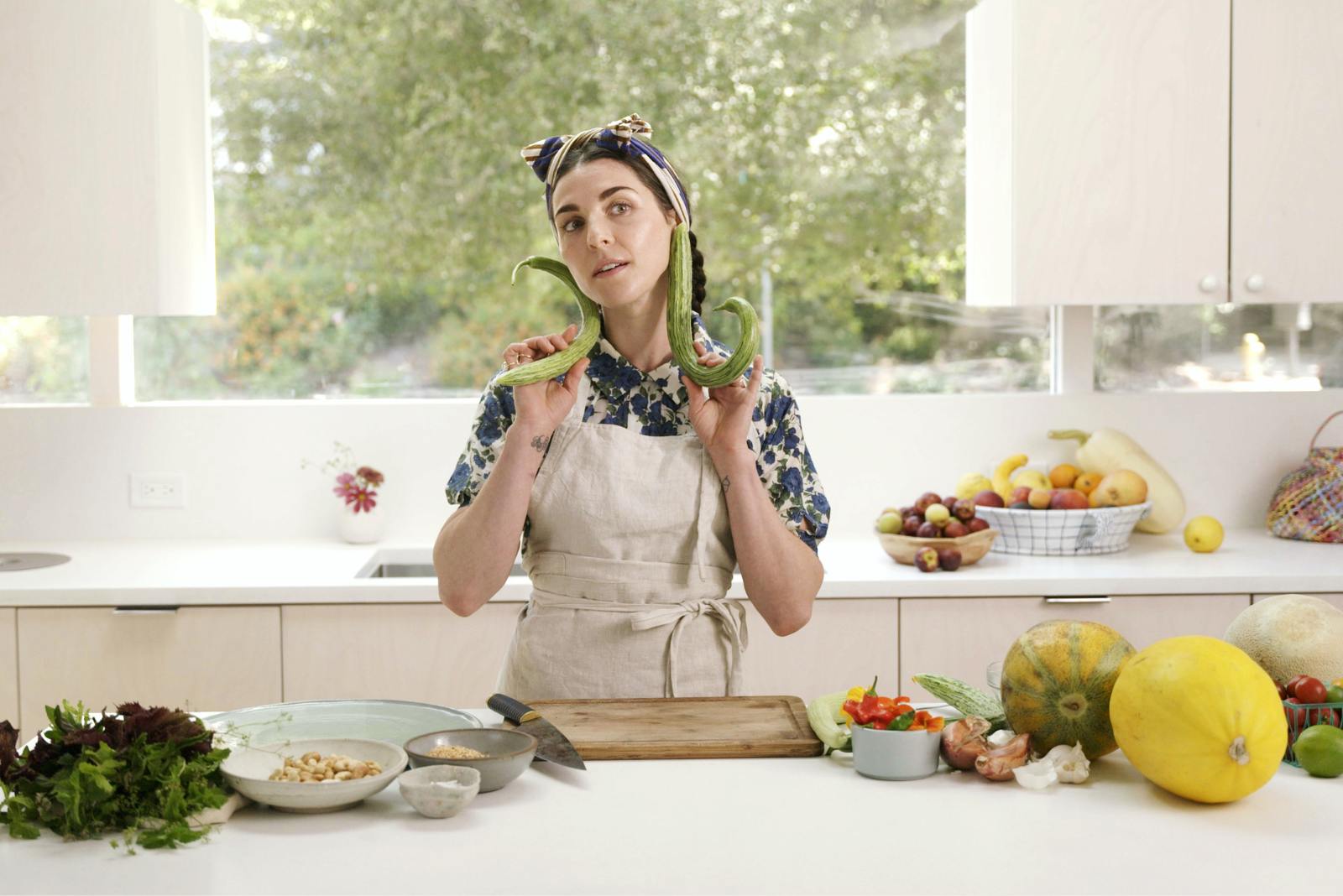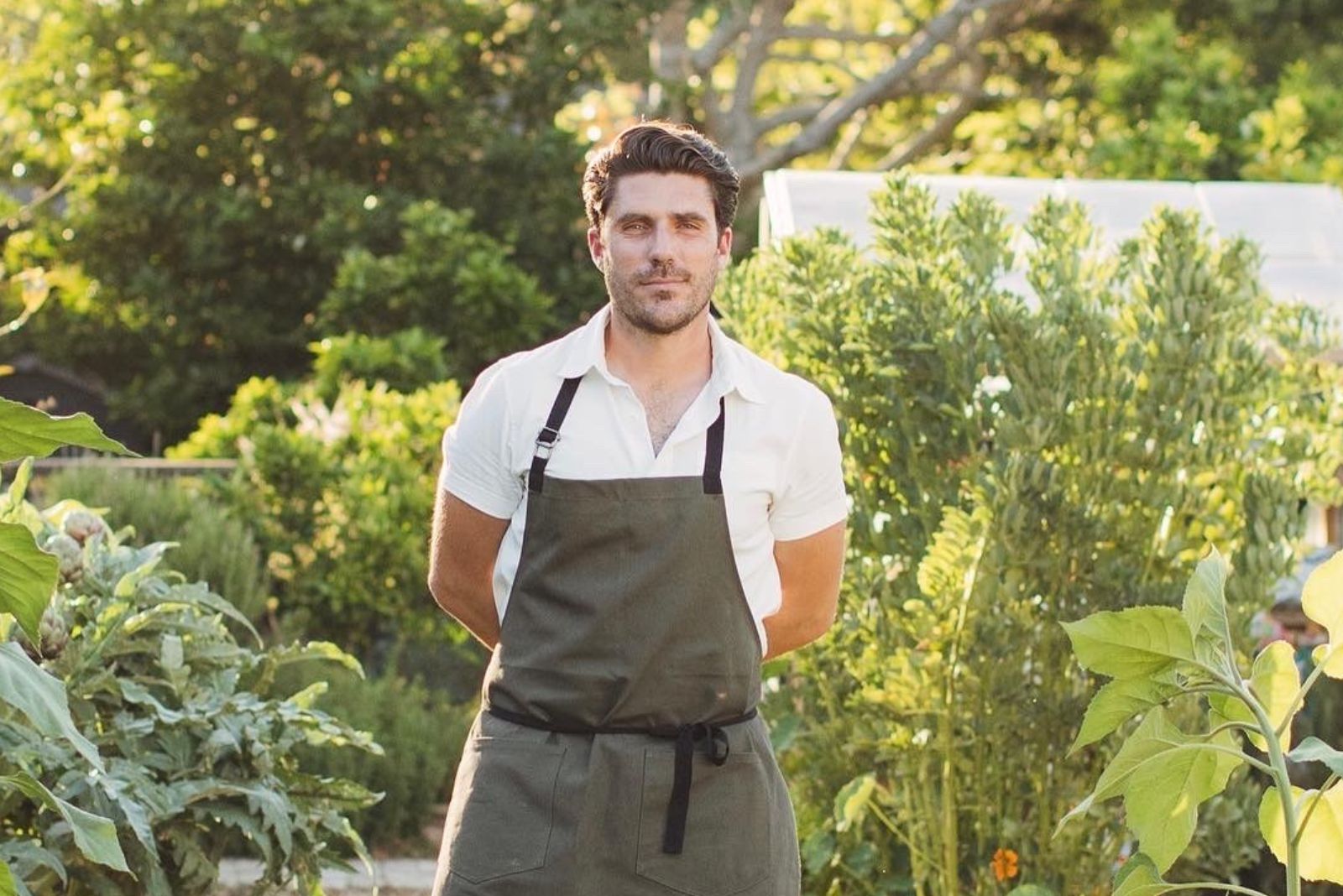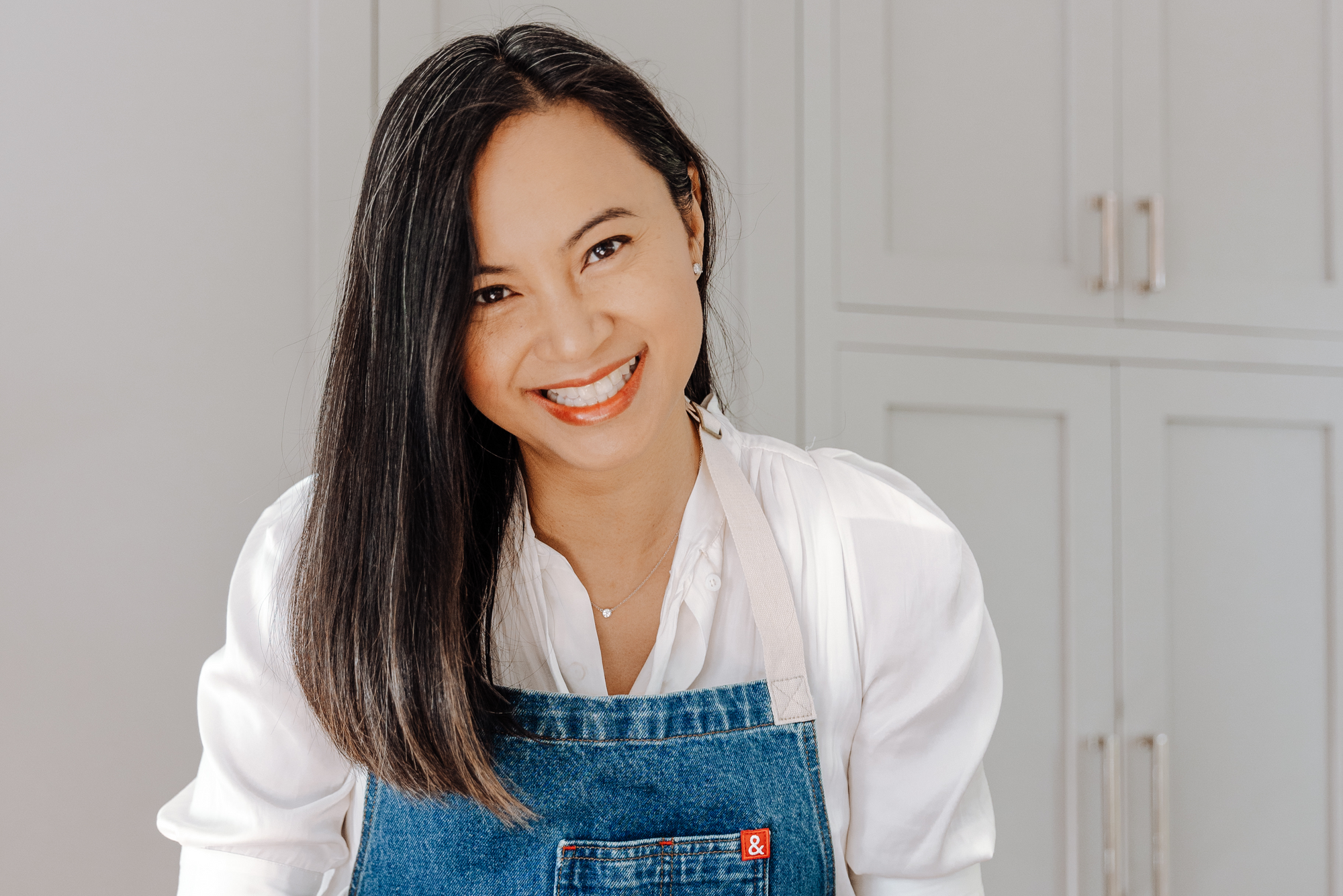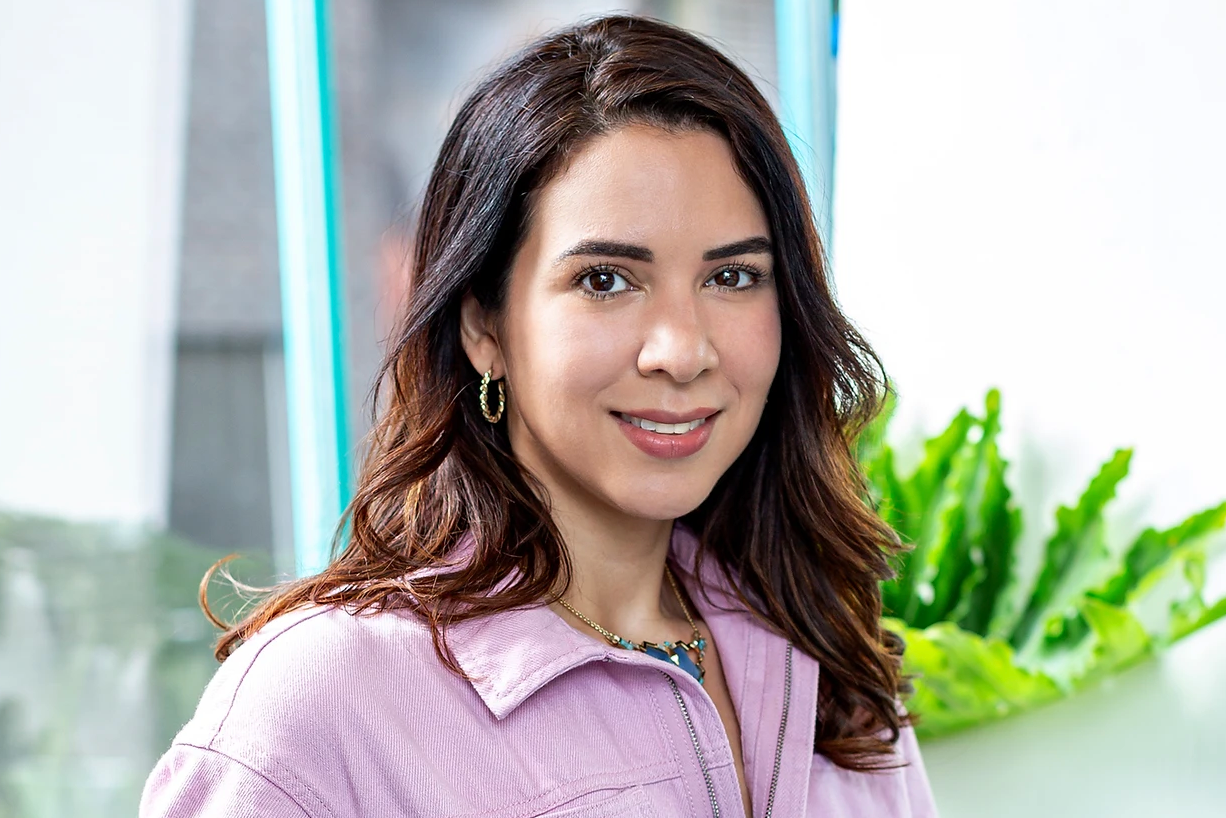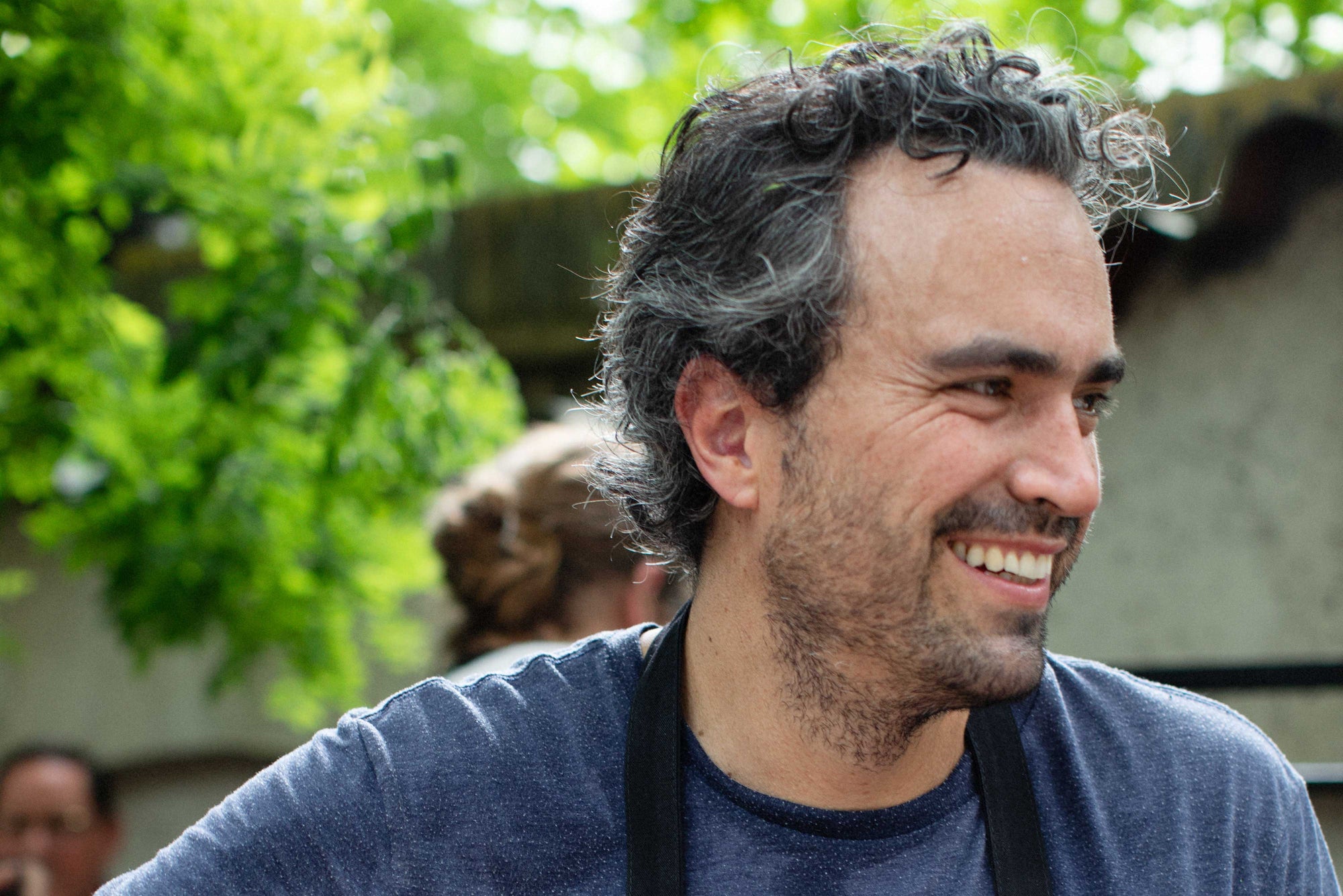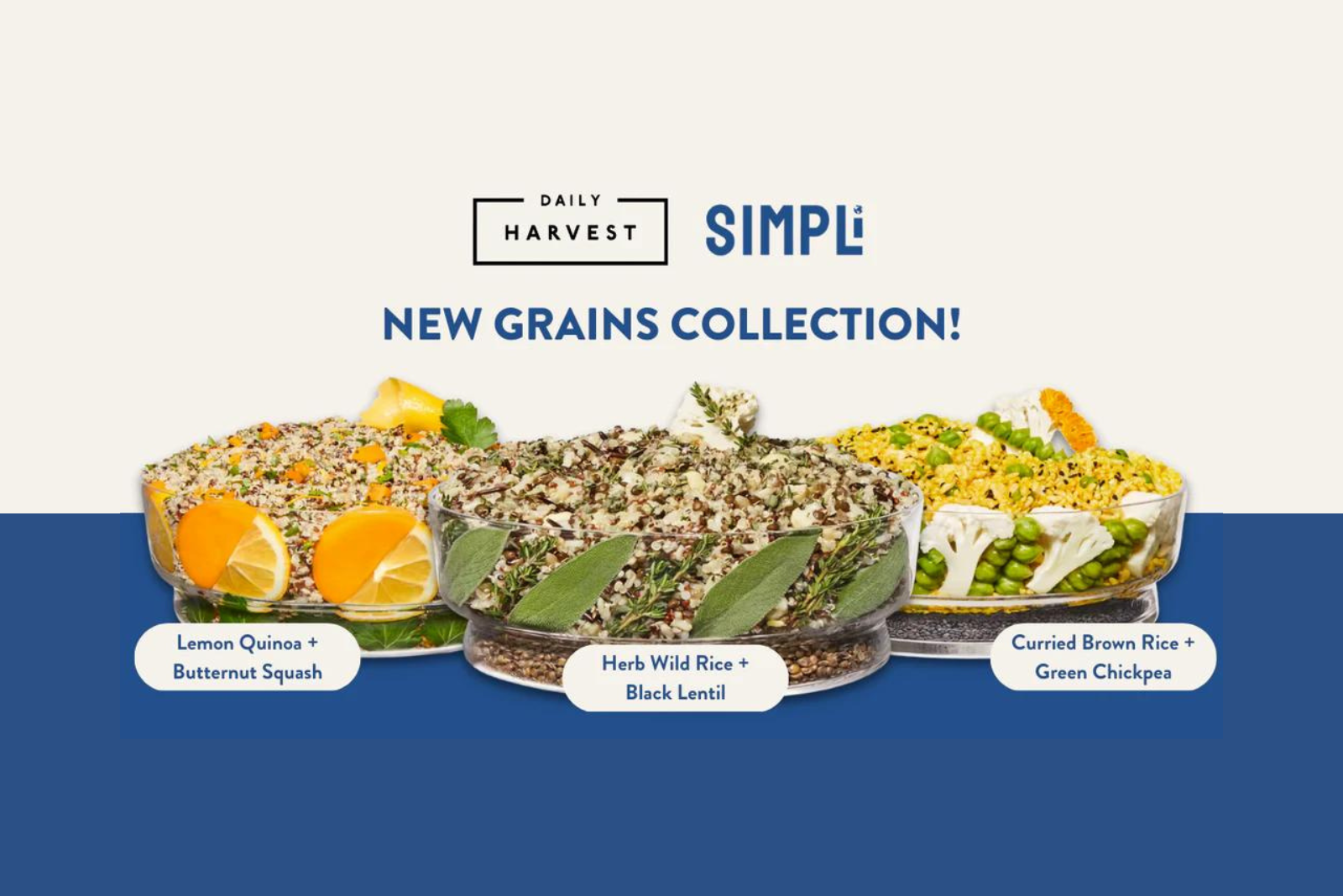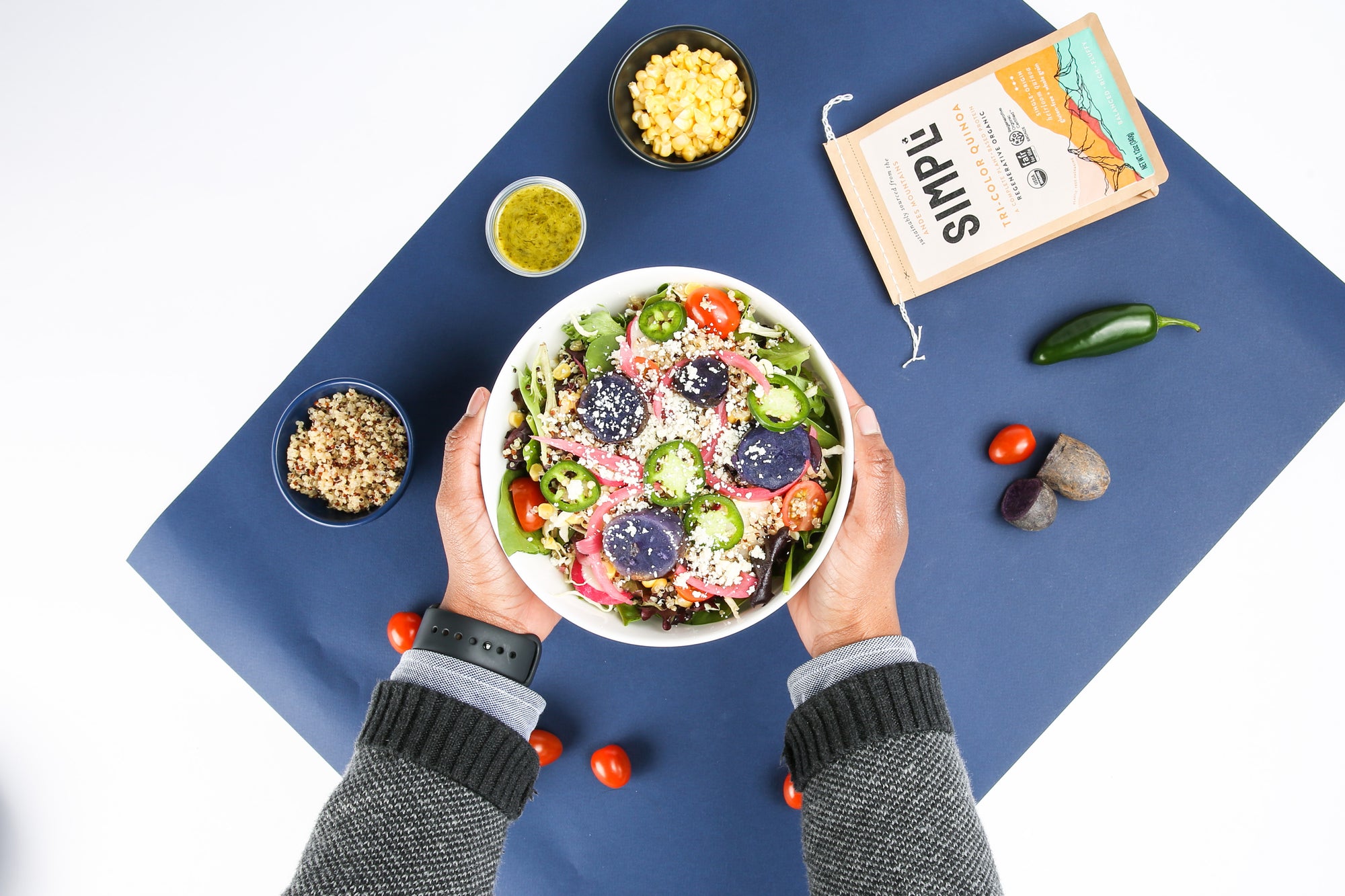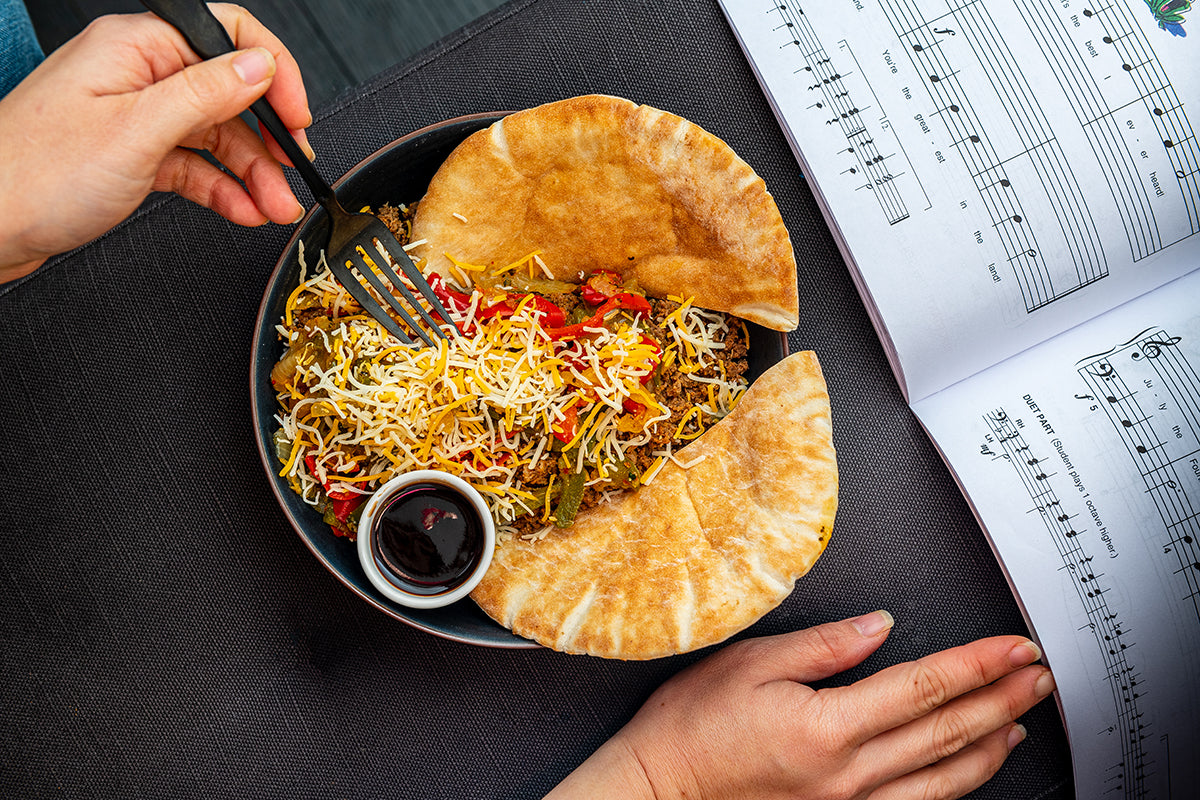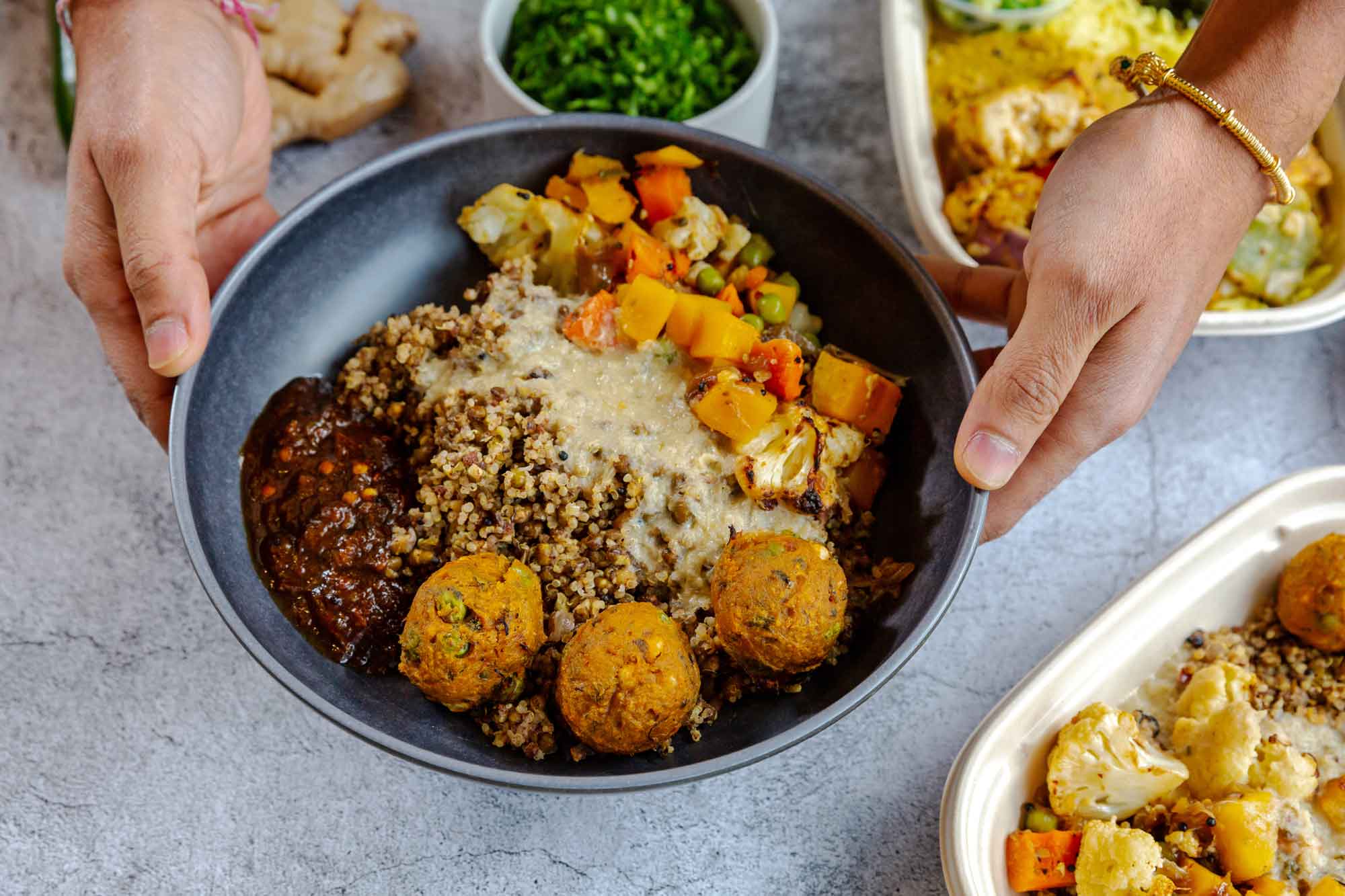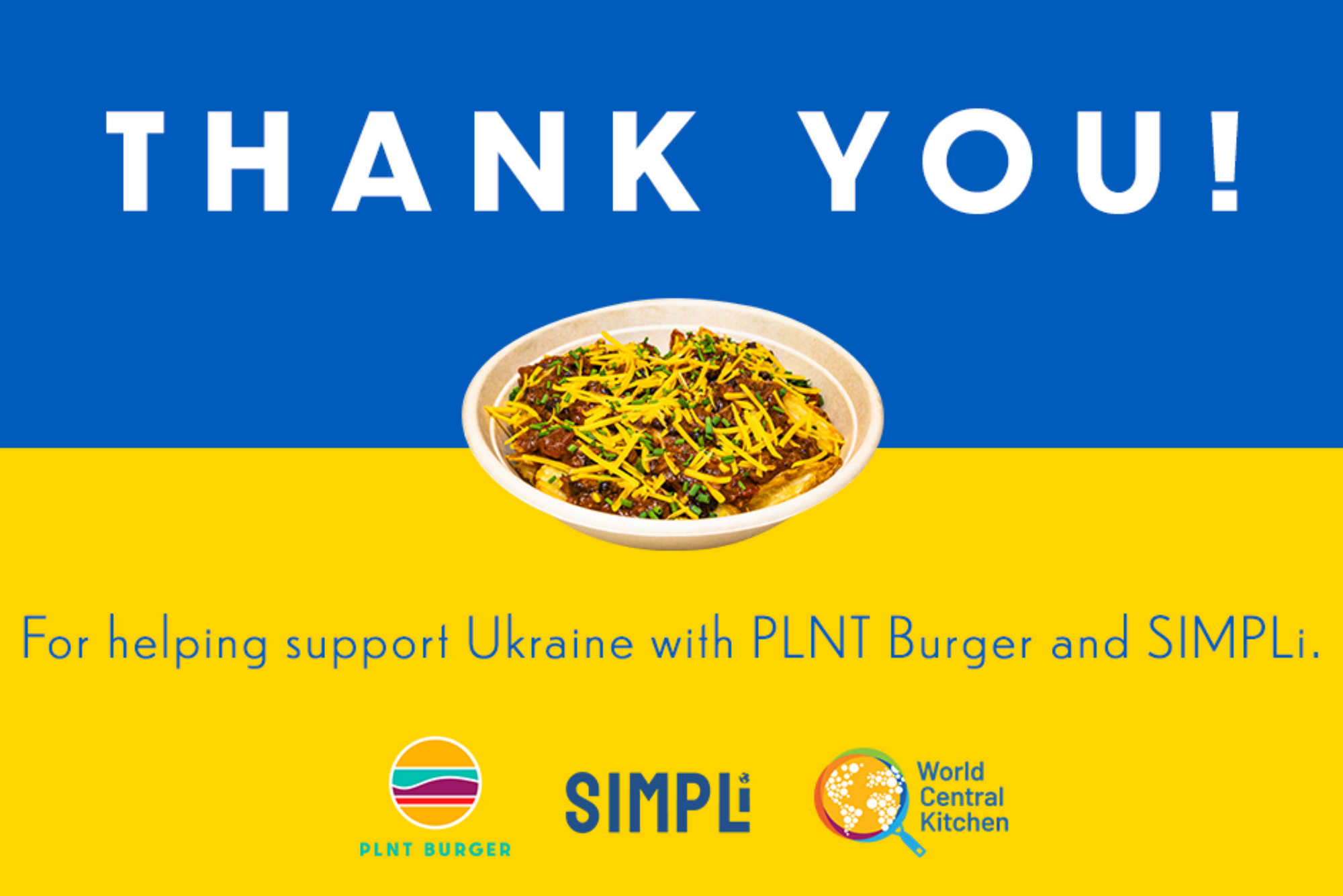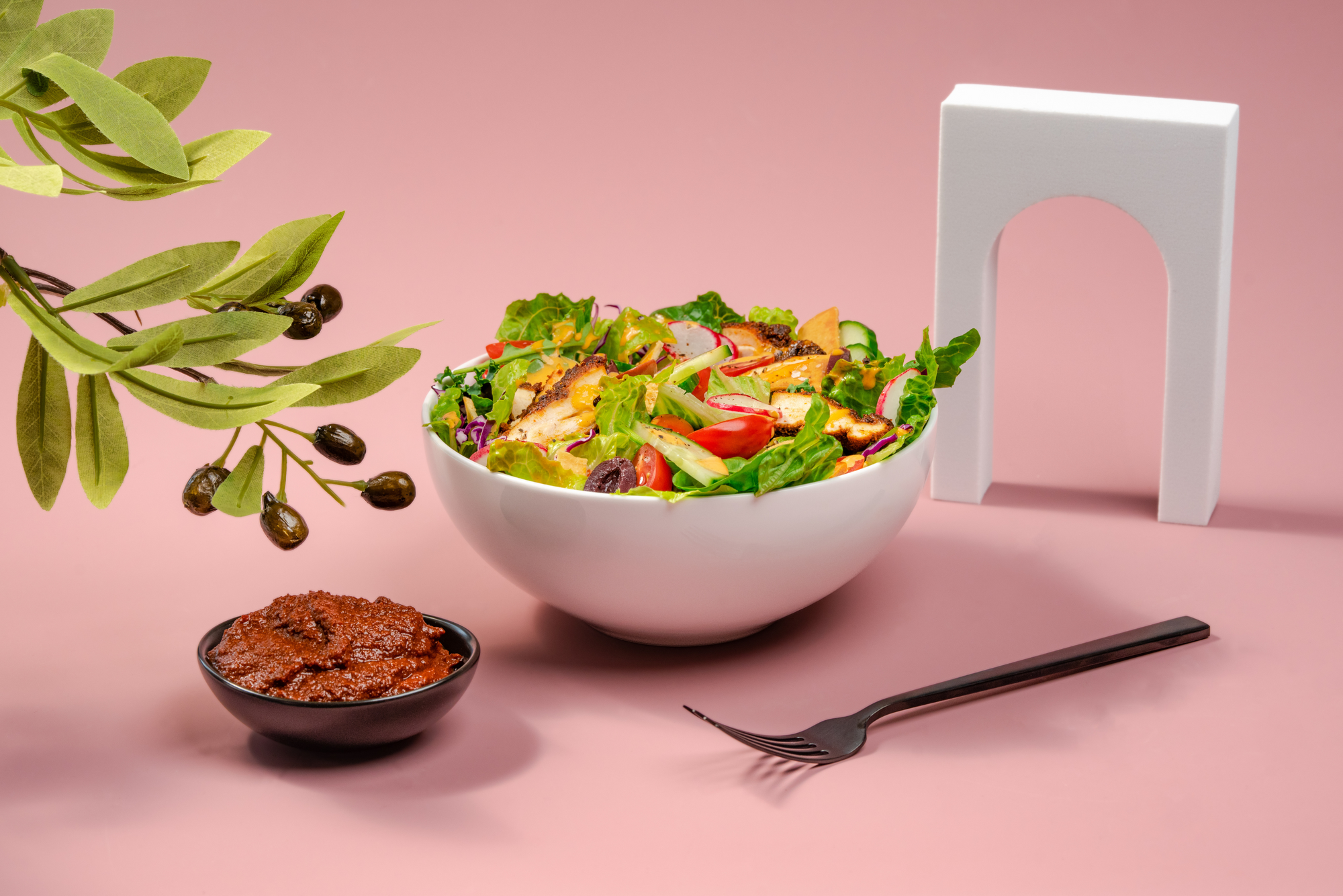In continuation of our Culinary Tastemaker Series, we are thrilled to spotlight cookbook author Sophia Eng of @sprinklewithsoil. We sat down with Sophia to learn more about her heritage, culinary journey, and passion for the regenerative movement and how they’ve shaped her knowledge of nutrition, food systems, and the environment. Plus, Sophia developed an Amaranth Quinoa Congee recipe (featuring some of our very own SIMPLi ingredients) adapted from her highly anticipated new cookbook, The Nourishing Asian Kitchen!
At SIMPLi, we love learning about the diverse stories, heritages, and inspirations that shape the world of food and how we consume it. Food is an incredible vessel through which we can connect with different cultures, spark meaningful dialogue, and discover how closely intertwined we all truly are. We hope this inspires you to immerse yourself and dive deeper in the power, nourishment, and connection that the culinary arts have to offer!
We are honored to have been able to sit down (and cook) with Sophia. Join us each month as we continue to spotlight visionaries like Sophia, unraveling the diverse tapestry of cultural roots that shape our vibrant world of food.
SIMPLi: Can you share a bit about your heritage and how it has influenced your culinary journey?
Sophia: My culinary journey today is deeply rooted in my first-generation Vietnamese American heritage. When I was young, my mom worked two full-time jobs, and the only time I would see her was when she was either in the kitchen or when we would go to the grocery store together Whether I was accompanying her to the grocery store or standing by her side as she cooked nose-to-tail, I gleaned her culinary wisdom, especially in selecting fresh seasonal vegetables from Asian markets as well as learning how to harvest and clean farm-raised broiler chickens (which would sometimes have an egg in them!).
12 years ago, a pivotal moment occurred when I heard Joel Salatin, founder of Polyface Farm, and regenerative agricultural farmer speak at Google headquarters in San Francisco. He planted the seed (pun intended!) of realization about the shortcomings of our food system’s sustainability. Around the same time, I was introduced to the work of Dr. Weston A. Price, a dentist and nutritionist who studied traditional diets of various cultures and their impact on health, and Sally Fallon Morell’s book, “Nourishing Traditions,” which challenged modern dietary norms and advocates for a return to traditional, nutrient-dense foods.
Over the last decade, Joel, Sally, and my mother have been the biggest influences and mentors of mine in this journey back to my roots to return to traditional, time-tested dietary practices. My mother has played a pivotal role in preserving the authenticity of our recipes, ensuring that they remain both traditional and accessible, while also focusing on their nourishing and delicious qualities.
SIMPLi: Are there any memorable food-related experiences that you draw inspiration from in your craft?
Sophia: The fusion of Vietnamese and French influences in my upbringing, coupled with my marriage to a Chinese-American partner and 30+ years in the Asian cuisine hub of the San Francisco Bay Area, has created a unique tapestry of flavors and techniques in my cooking.
SIMPLi: Can you share an example of a dish that beautifully represents the intersection of your heritage and your craft?
Sophia: One exemplary dish that beautifully embodies the intersection of my heritage and my craft is the hotpot. Known by various names across Asian cultures – such as shabu-shabu in Japan, sukiyaki in Korea, and lau in Vietnam – this communal flavorful feast reflects the rich diversity of Asian culinary traditions. The beauty of the hotpot lies not only in its diverse cultural roots, but also in its ability to connect the multi-generations within our family. The simplicity of the miso broth caters to the palates of our youngest members to create a welcoming and nutritious introduction to the world of flavors. Meanwhile, the option for a spicy and robust broth is adventurous for the adults, inviting them to savor the boldness of the broth. This culinary journey, spanning from the mild to the fiery, becomes a shared experience that bridges the generations, fostering a sense of togetherness and unity around the hotpot table.

Photo credit: The Nourishing Asian Kitchen Cookbook
SIMPLi: How do you see your role in preserving and sharing the culinary traditions of your heritage with a broader audience?
Sophia: My role in preserving and sharing the culinary traditions of my heritage has evolved from a personal family cookbook project into a broader mission to connect with audiences worldwide. Initially as a way to preserve our family's culinary traditions for the benefit of my children, the project took on a life of its own as I realized the universality and richness of these traditions. Through sharing our journey, recipes, and stories, we've witnessed a growing interest from a global audience eager to explore and embrace the nourishing and diverse world of Asian cuisine. It's a joy to see our family project transform into a bridge that connects cultures, fostering a greater appreciation for the culinary tapestry that binds us all. Beyond preserving our culinary traditions, I seek to cultivate awareness about nourishing practices that can contribute to a healthier world. With regenerative agriculture, beyond organic food, and sustainable living, I hope to inspire others to make mindful choices that not only enrich their lives but also promote the well-being of our world. Through the lens of our family's culinary journey, I seek to spark a broader conversation about how our individual choices can collectively nourish a starving world and contribute to a more sustainable and harmonious future.
SIMPLi: Is there a particular recipe that reminds you of home or a cherished family tradition?
Sophia: My absolute cherished recipe that encapsulates the essence of my heritage is the Beef Oxtail Phở recipe (the dish on the cover of The Nourishing Asian Kitchen!). This dish holds a special place in my heart, reminding me of home and cherished family traditions. The aromatic broth, rich with the flavors of slow-cooked oxtail, fragrant spices, and fresh herbs, captures the essence of Vietnamese cuisine. Every sip transports me back to cozy family dinners and the warmth of our kitchen, creating a connection to my roots that I am excited to share with others through the Nourishing Asian Kitchen cookbook.

Photo credit: The Nourishing Asian Kitchen Cookbook
SIMPLi: Could you describe the dish and its significance, as well as how you prepare it or put your unique spin on it?
Sophia: The photo in the Nourishing Asian Kitchen cookbook perfectly captures the way I love to enjoy my Beef Oxtail Phở. The thick wide rice noodles elegantly cradle the succulent oxtail, showcasing the dish's comforting and indulgent nature. The pasture-raised raw egg adds a velvety texture to the broth, creating a delicious blend of flavors and increasing the nutrient-density of the dish. The pickled red onions and cilantro not only enhance the visual appeal but also contribute to the many layers of taste, making this rendition of Beef Oxtail Phở a true representation of my culinary heritage with a unique and personal touch.
SIMPLi: Food has a unique power to connect people across cultures. How do you hope your culinary creations contribute to a broader appreciation of your heritage and culture?
Sophia: I have long believed that food serves as a universal language that transcends cultural boundaries and brings everyone to the table, regardless of our differences. Through my culinary creations, I aim to foster a deeper appreciation for the richness of my heritage and culture. By sharing recipes that fuse traditional Vietnamese and French influences, along with modern Asian cuisine elements, I hope to provide a diverse tapestry of flavors that resonates with a broad audience.
In my journey from the San Francisco Bay Area to the Appalachian Mountains, I've witnessed the transformative power of food in bridging generational and cultural gaps. What started as a family project to preserve our culinary traditions for my children has grown into a global endeavor. Food, in its essence, becomes a conduit for sharing stories, fostering understanding, and celebrating the diversity that makes our world so beautifully interconnected.
SIMPLi: You just recently published your first cookbook, The Nourishing Asian Kitchen. What inspired you to begin writing this cookbook, and what do you hope readers learn and take away from your recipes and work?
Sophia: The inspiration for The Nourishing Asian Kitchen has been brewing within me for over a decade, fueled by a deep desire to capture and share the essence of our family's traditional recipes. The eclectic dishware featured in the cookbook, collected from thrift stores around the world, represented a dream I held onto for that "one-day" moment when I could write a cookbook with Mom.
As Mom celebrated her 75th birthday last year, a sense of urgency gripped me. I realized that waiting until my children were ready to explore our family's culinary heritage might mean Mom, by then nearing 90, could miss the opportunity to pass down our cherished recipes. That's when I decided to stand in the gap and bring this cookbook to life for them.
Through The Nourishing Asian Kitchen, I hope to convey to readers that crafting nourishing and flavorful dishes is not only achievable but can seamlessly fit into the busy rhythms of life. Whether you're working, managing a business, or tending to a small farm, the recipes in this cookbook are designed to be approachable and easy to integrate into your daily routine for you and your family. I want readers to discover that creating wholesome meals is a joyous journey, and every bite is a connection to the rich tapestry of our family's culinary traditions.



